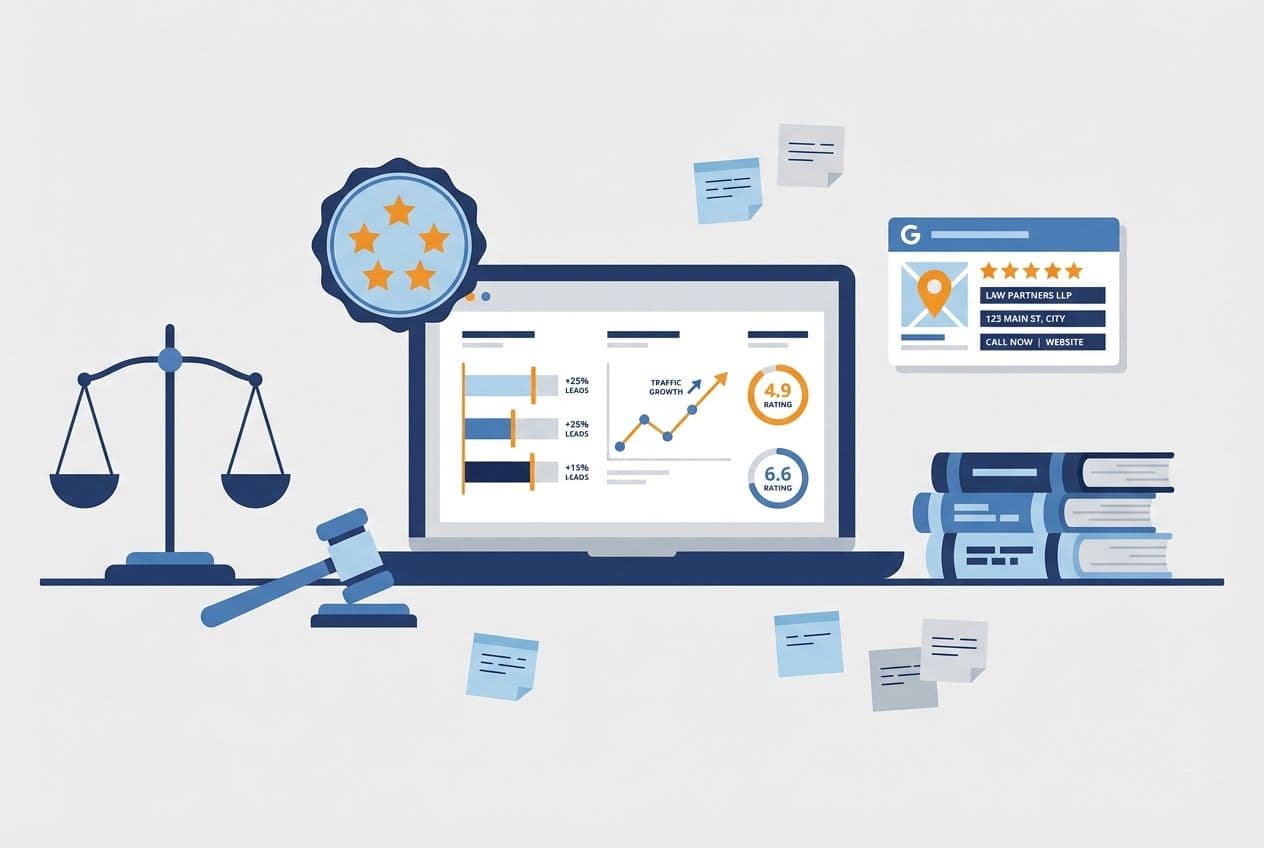As a small or medium business owner, you know that digital marketing is essential to growing your brand and driving leads. But with so many tools and platforms available, it can be overwhelming to decide which ones to use.
Building a marketing stack that works for your business takes time and effort. You need to consider your goals, budget, and target audience, among other factors. In this guide, we’ll walk you through the process of choosing the best tools for your marketing stack, and show you how to make the most of them.
What Is a Marketing Stack?
Your marketing stack is the collection of tools and platforms you use to execute your marketing strategy. It includes everything from your website and social media profiles to email marketing tools and analytics platforms.
Choosing the right tools for your marketing stack is essential to the success of your digital marketing efforts. A well-planned and executed marketing stack can help you streamline your marketing processes, improve your ROI, and ultimately drive more leads.
Consider Your Business Goals
Before you can start building your marketing stack, you need to define your business goals. What are you hoping to achieve through your digital marketing efforts? Are you looking to drive more traffic to your website, generate more leads, or increase brand awareness?
Once you’ve defined your business goals, you can start thinking about the types of tools you’ll need to achieve them. For example, if your goal is to drive more traffic to your website, you’ll need to focus on tools that can help you improve your website’s SEO, such as keyword research tools and content optimization tools.
Choose Tools That Fit Your Budget
When building your marketing stack, it’s important to keep your budget in mind. Some tools and platforms can be expensive, so it’s essential to choose the ones that offer the most value for your money.
One way to keep your costs down is to focus on tools that offer free or low-cost plans. Many marketing tools offer a basic free plan, which can be a great way to get started without breaking the bank. As your business grows, you can upgrade to paid plans to access more features and functionality.
Focus on Tools That Are Easy to Use
Your marketing stack is only as good as your ability to use it. That’s why it’s important to choose tools that are easy to use and understand, especially if you’re not a marketing expert.
When evaluating tools for your marketing stack, look for ones that offer user-friendly interfaces, comprehensive documentation, and excellent customer support. You don’t want to waste time and money on tools that you can’t use effectively.
Essential Tools for Your Marketing Stack
Now that you have a better understanding of how to choose the best tools for your marketing stack, let’s take a closer look at some of the essential tools you should consider.
Content Management Systems (CMS)
Your website is the foundation of your digital marketing efforts, so it’s essential to choose a CMS that fits your needs. WordPress is a popular CMS for small and medium businesses, thanks to its ease of use and flexibility.
Social Media Management Tools
Social media is an essential part of any digital marketing strategy. Social media management tools like Hootsuite and Buffer can help you manage multiple social media accounts, schedule posts, and track your engagement metrics.
Email Marketing Tools
Email marketing is still one of the most effective ways to drive leads and sales. Email marketing tools like Mailchimp and Constant Contact can help you design and send professional-looking emails, segment your audience, and track your email performance.
Analytics Platforms
Analytics platforms like Google Analytics and Adobe Analytics can help you track your website traffic, monitor user behavior, and gain insights into your audience. These platforms can provide valuable data on which pages on your website are performing well, how users are interacting with your site, and where your traffic is coming from.
SEO Tools
SEO is critical to driving organic traffic to your website. SEO tools like SEMrush and Ahrefs can help you research keywords, track your website’s search engine rankings, and analyze your competitors’ SEO strategies.
PPC Advertising Platforms
Pay-per-click (PPC) advertising is a cost-effective way to drive leads and sales. Platforms like Google Ads and Facebook Ads allow you to create and manage PPC campaigns, target specific audiences, and track your ROI.
Customer Relationship Management (CRM) Systems
A CRM system like Salesforce or HubSpot can help you manage your customer relationships more effectively. These platforms allow you to track customer interactions, segment your audience, and automate your marketing processes.
Integrating Your Marketing Stack
Once you’ve chosen the tools for your marketing stack, the next step is to integrate them effectively. Integrating your tools can help you streamline your marketing processes, automate repetitive tasks, and gain a more comprehensive view of your marketing performance.
For example, integrating your website CMS with your email marketing tool can help you automatically send follow-up emails to new subscribers. Integrating your social media management tool with your analytics platform can help you track the success of your social media campaigns more effectively.
Monitoring Your Marketing Performance
Once you’ve built and integrated your marketing stack, the final step is to monitor your performance continually. Tracking your performance metrics can help you identify areas for improvement, refine your marketing strategy, and make data-driven decisions.
Some of the key metrics you should be tracking include website traffic, lead generation, social media engagement, email open rates, and conversion rates. By monitoring these metrics regularly, you can optimize your marketing efforts and achieve your business goals more effectively.
Building an effective marketing stack takes time and effort, but the rewards are significant. By choosing the right tools for your business, integrating them effectively, and monitoring your performance regularly, you can drive more leads, grow your brand, and achieve your business goals.
Building a marketing stack is a critical part of any small or medium business’s digital marketing strategy. By choosing the right tools, integrating them effectively, and monitoring your performance regularly, you can optimize your marketing efforts and achieve your business goals more effectively.
Remember to keep your business goals, budget, and target audience in mind when choosing the tools for your marketing stack. Focus on tools that are easy to use, offer excellent customer support, and fit your budget.
By taking action today and building an effective marketing stack, you can drive more leads, grow your brand, and achieve success in the competitive world of digital marketing.


